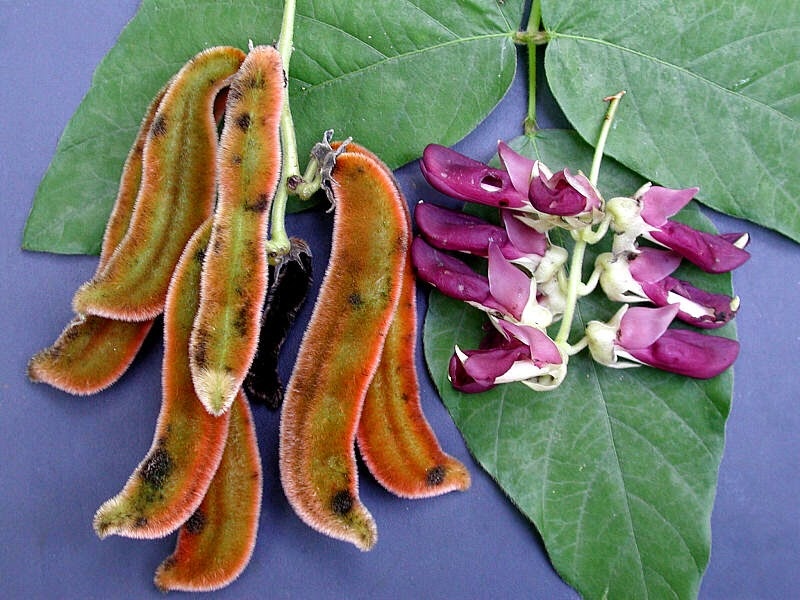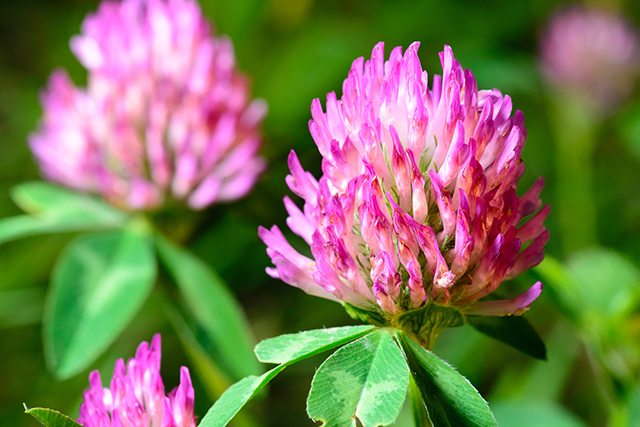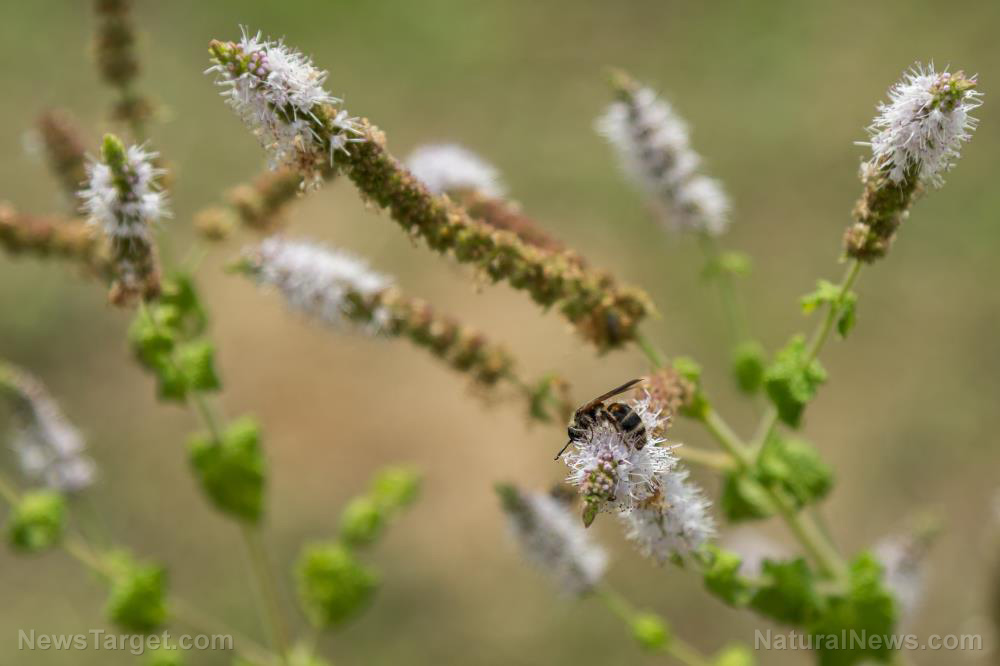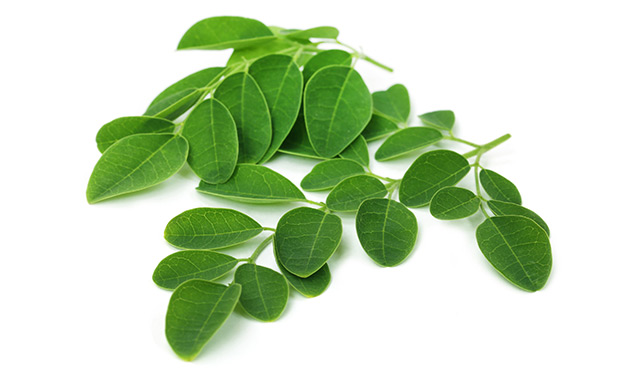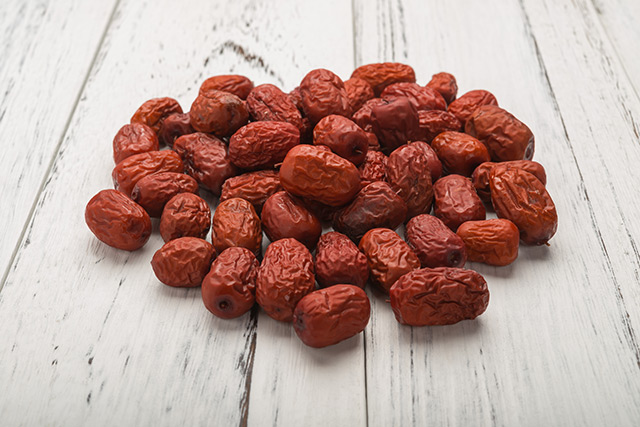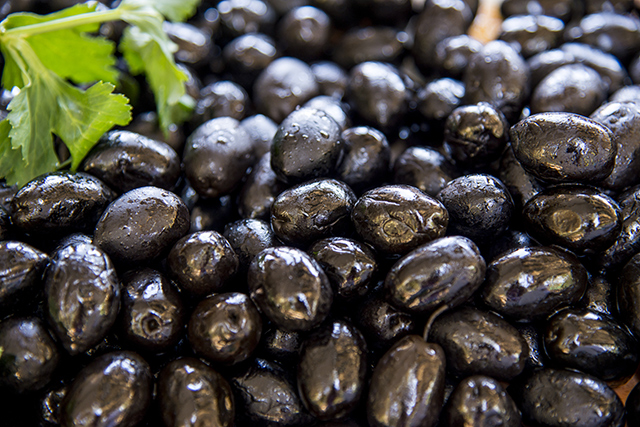Add black cumin to your diet: Research shows it can prevent cancer
09/25/2018 / By Ellaine Castillo
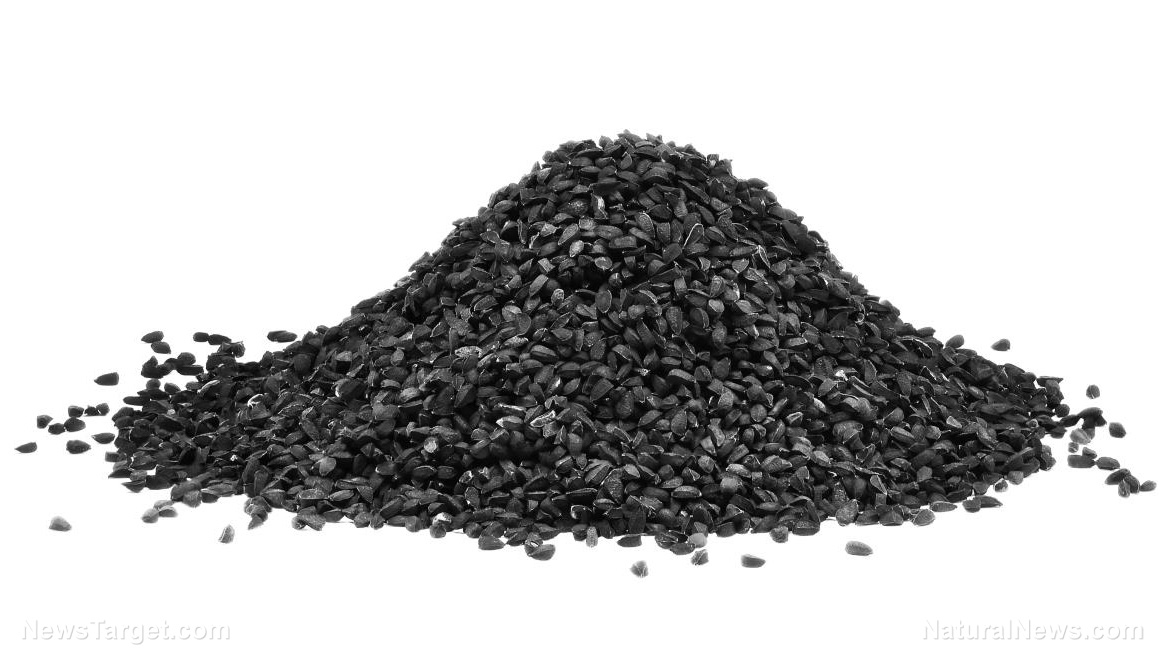
A flavonoid in black cumin (Nigella sativa) may reduce the risk of cancer and inhibit tumor progression, according to researchers from Mansoura University in Egypt. In their study, published in the Australian Journal of Basic and Applied Sciences, they investigated the therapeutic and anti-cancer properties of thymoquinone using a carcinoma animal model.
Thymoquinone is a compound found in the seeds of black cumin. It’s known for its ability to inhibit tumors and inflammation, based on earlier studies. For this study, the team looked at whether it has anti-cancer properties that are also effective in vivo.
For this study, researchers assigned male Swiss albino mice into five groups, namely: 1) control group; 2) mice orally injected with thymoquinone for four weeks; 3) mice intramuscularly inoculated with Ehrlich ascites carcinoma cells; 4) mice orally injected with thymoquinone two weeks before experiment, then intramuscularly inoculated with Ehrlich ascites carcinoma; and, 5) mice injected with Ehrlich ascites carcinoma and thymoquinone at the same time, throughout the experiment. They made use of Ehrlich ascites carcinoma cells because it can rapidly develop in just 14 days.
The body weight of the mice was regularly observed throughout the entire period of the experiment. It was observed that mice from the control group and mice from the thymoquinone-injected group had similar percentages of body weight gain. On the other hand, mice that were only inoculated with Ehrlich ascites carcinoma showed a significant decrease in percent body weight gain. Lastly, mice from the fourth and fifth groups both experienced an increase in body weight, which was higher for the fourth than the fifth group.
Treatments were given to the mice for a period of four weeks, after which they were sacrificed to be able to collect the liver and tumors, which were analyzed further. Results from these analyses showed that mice inoculated with Ehrlich ascites carcinoma had alterations in liver and cell structure. On the other hand, mice treated with thymoquinone exhibited characteristics closer to the control group, although at varying degrees. Based on the observations, it was determined that pre-treatment with thymoquinone provides better results than post-treatment.
Overall, the study shows that thymoquinone has anti-cancer properties that are effective in preventing cancer, indicating that black cumin can effectively lower cancer risk. (Related: Why aren’t hospitals treating cancer with black seed oil?)
Health benefits of black cumin
Black cumin is known in its oil form, which is used for cooking. Aside from preventing cancer, it has other health benefits, including:
- Allergy and asthma relief – Studies show that black cumin can effectively get rid of nasal congestion and itching, runny nose, and sneezing within two weeks.
- Boosting the immune system – The presence of bioactive compounds, such as antioxidants, beneficial acids, and B-vitamins, in black cumin enhances the immune system without causing autoimmune responses.
- Reducing inflammation – Black cumin is able to suppress inflammatory mediators, like prostaglandin and leukotrienes. Aside from this, thymoquinone can also inhibit inflammation-induced activation of different signaling pathways and suppress gene expression of osteoclast precursors.
- Killing microbes – Previous studies have shown that black cumin is effective against bacteria, viruses, fungi, and helminths. Its ability to kill some superbugs was shown to be comparable to Amoxicillin, Gatifloxacin, and Tetracycline. Again, thymoquinone is the component responsible for black cumin’s antimicrobial properties.
- Managing diabetes – A study has shown that in diabetic models, black cumin can effectively lower blood sugar and cholesterol levels.
- Treating eczema and psoriasis – The anti-inflammatory properties of black cumin can soothe and speed up the healing process of skin conditions, like eczema and psoriasis.
Learn more about breakthroughs in cancer prevention and treatment by visiting Cancer.news today.
Sources include:
Tagged Under: alternative medicine, black cumin, cancer, cancer treatment, Ehrlich ascites carcinoma, Herbs, natural medicine, nigella sativa, thymoquinone, tumor

